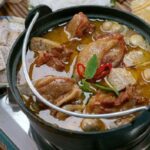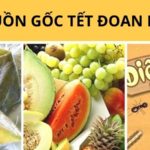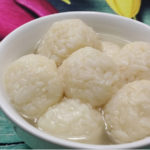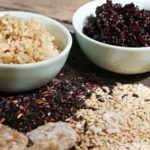Dragon Boat Festival, also known as Worm-Killing Day, is a traditional holiday celebrated in several East Asian countries, including Vietnam. Join us as we explore more about this unique festival in the article below!
Reference: Check out the most comprehensive collection of for both indoors and outdoors.
1 When is Worm-Killing Day?
Worm-Killing Day, also known as Doan Ngo Festival or Duanwu Festival, originated from China. Over time, this festival has been adopted by other East Asian countries, including Vietnam, Japan, South Korea, and North Korea, each with its own unique traditions and meanings.
 Worm-Killing Day has its origins in China.
Worm-Killing Day has its origins in China.
This festival is held annually on the 5th day of the 5th lunar month, which falls on June 3rd, 2022, in the Gregorian calendar. The name “Doan Ngo” comes from the fact that the festival starts at noon, specifically between 11 am and 1 pm, which is known as “ngo” in Vietnamese.
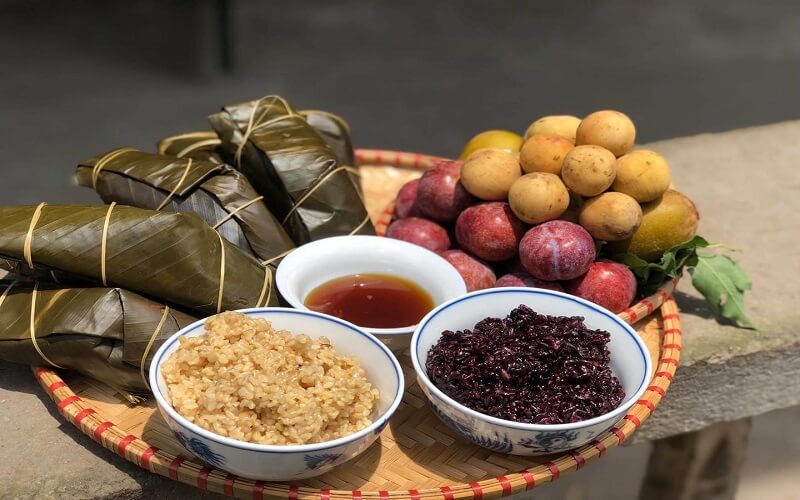 The festival is held annually on the 5th day of the 5th lunar month.
The festival is held annually on the 5th day of the 5th lunar month.
During this time, the sun is at its closest to the Earth, resulting in extremely yang energy. Our ancestors believed that this yang energy could purge bad luck and illness, and that killing worms and pests during this time could protect crops and improve health, leading to a bountiful harvest.
For further reading: What to do on Worm-Killing Day?
2 What is usually done on Worm-Killing Day?
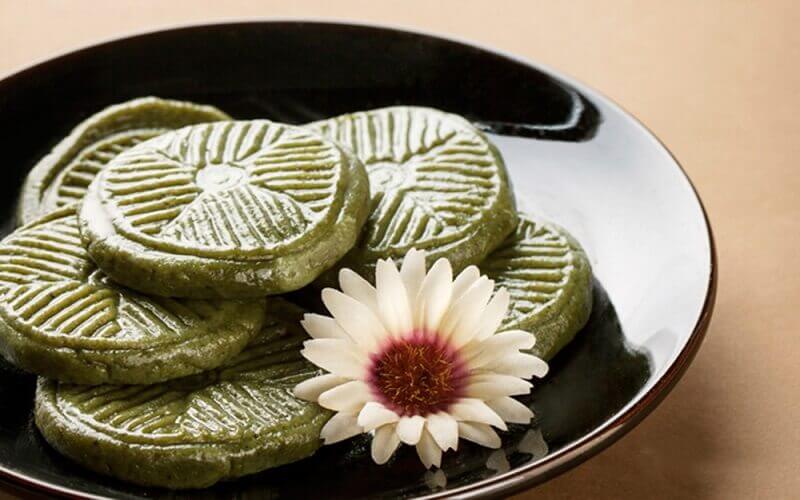 In South Korea, people eat Suritteok and Yaktteok, rice cakes made with grains and nuts.
In South Korea, people eat Suritteok and Yaktteok, rice cakes made with grains and nuts.
Each culture has its own unique way of celebrating Worm-Killing Day. In South Korea, instead of offering sacrifices like the Vietnamese, they dance, wash their hair with soapwort, participate in wrestling matches, and eat Suritteok and Yaktteok, rice cakes made with grains and nuts, wishing for a peaceful and lucky year.
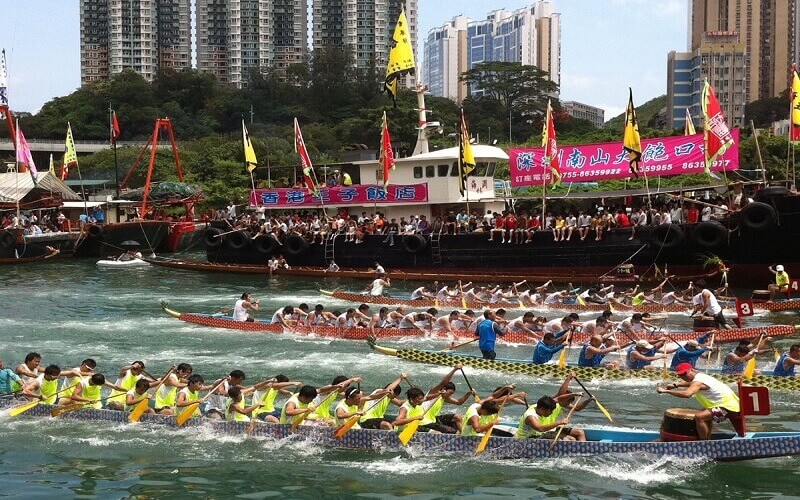 Dragon boat racing is a popular activity during the festival.
Dragon boat racing is a popular activity during the festival.
In China, where the Duanwu Festival originated, people clean their houses, participate in dragon boat races, wear fragrant pouches to ward off evil spirits, and eat Zongzi (sticky rice dumplings) and drink realgar wine to ward off pests and toxins. They may also apply realgar wine to the faces, necks, or palms of children for good health.
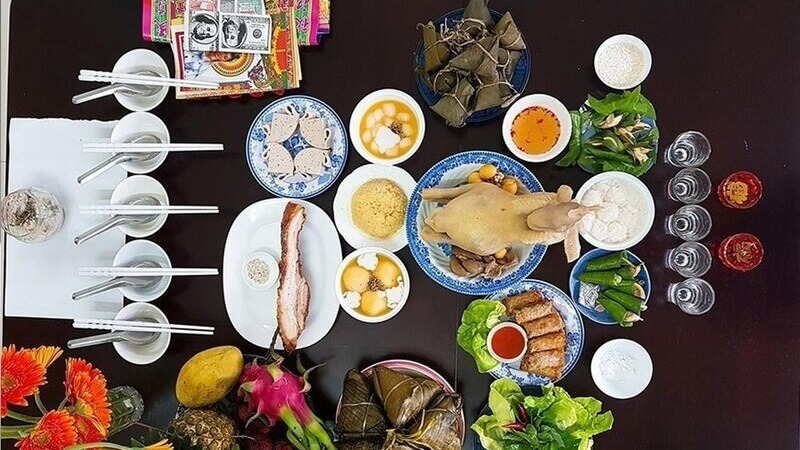 Vietnamese people offer sacrifices to their ancestors during the Doan Ngo Festival.
Vietnamese people offer sacrifices to their ancestors during the Doan Ngo Festival.
In Vietnam, we first offer sacrifices to our ancestors, including (five-fruit trays), bánh gio (sticky rice dumplings wrapped in leaves), and glutinous rice wine. Depending on the region, additional dishes such as , , and … are also included, along with incense, fresh flowers, and votive paper.
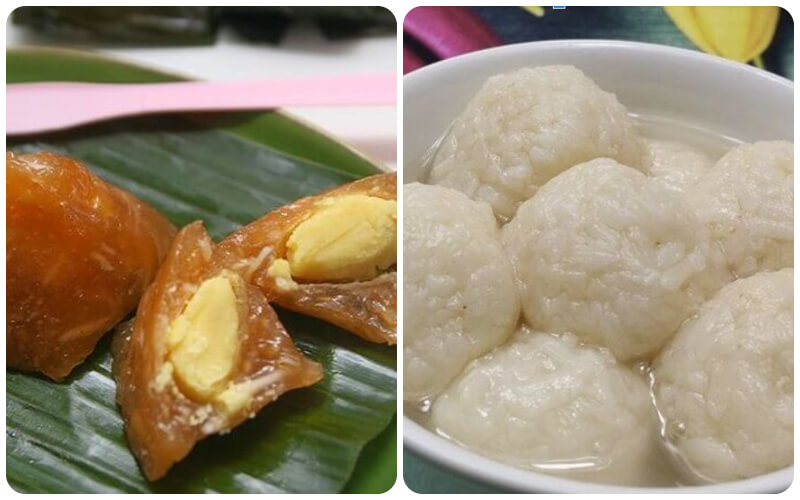 Eating Zongzi and drinking glutinous rice wine are must-do activities on this day.
Eating Zongzi and drinking glutinous rice wine are must-do activities on this day.
Additionally, we set up another offering for an outdoor ceremony. After the ceremony, family members gather to enjoy the food, and some may visit temples, pick tea leaves, or collect medicinal herbs like mugwort and basil. It is also customary to exchange well-wishes and blessings. Most importantly, everyone must eat Zongzi and drink glutinous rice wine or rice wine during the Doan Ngo Festival.
Above are some fascinating facts about the Doan Ngo Festival, along with other interesting information. Hopefully, this article has provided you with valuable and intriguing knowledge. Don’t forget to share your warmest greetings and best wishes with your loved ones and friends on this special occasion.
What is Tết Đoan Ngọ? When is Tết Đoan Ngọ 2024? History and Significance.
The Summer Solstice Festival, or Tết Đoan Ngọ, is a traditional Vietnamese holiday celebrated on the 5th of May in the lunar calendar. This festive occasion holds a special place in the cultural heritage of Vietnam, with a rich history and an array of unique customs and traditions. The origins of Tết Đoan Ngọ, along with its significance and the practices associated with it, paint a colorful picture of Vietnamese culture and its enduring connection to the past.
The Summer Solstice Festival: A Tasty Treat to Ward Off Insects and Invite Good Fortune.
The Dragon Boat Festival, celebrated on the 5th of May in the lunar calendar, is a time-honored tradition that holds great significance in warding off bad luck and bringing families together. An integral part of this festival are the traditional dishes that have been passed down through generations, each with their own unique story to tell.
Why Do We Eat Duck Porridge on Tết Đoan Ngọ?
“It’s not just the traditional tro cake, com ruou, apricots, and peaches that take center stage during the festive season of Tết Đoan Ngọ. Duck cooked in a fermented bean curd sauce is also a popular and indispensable part of this annual celebration. But why is this savory dish such an integral part of this holiday?”
























